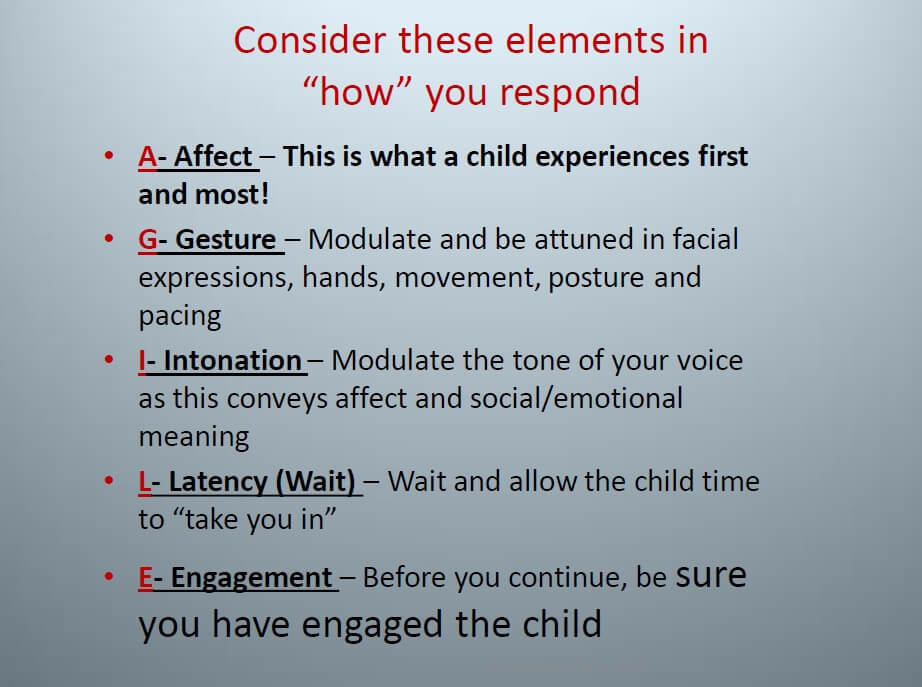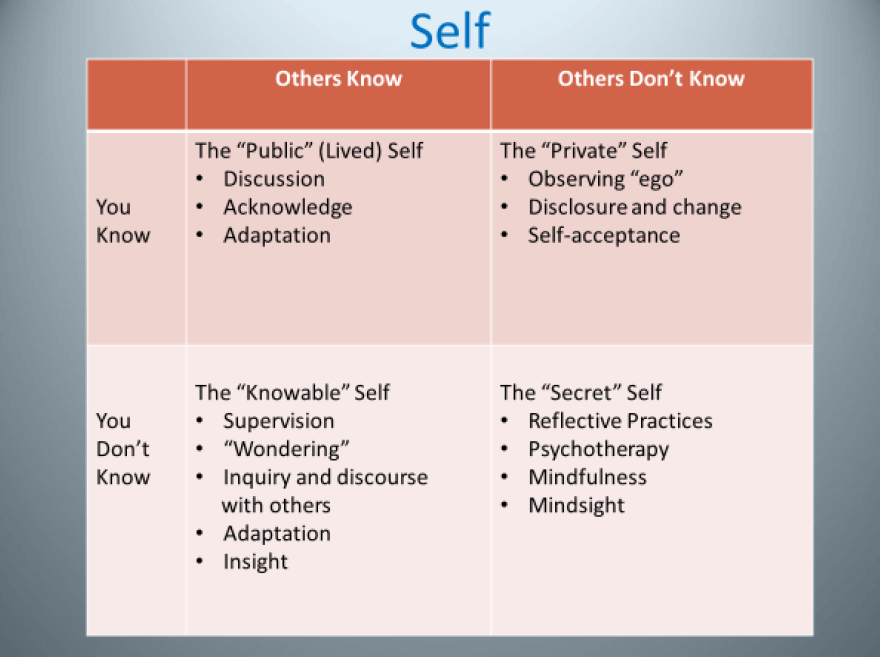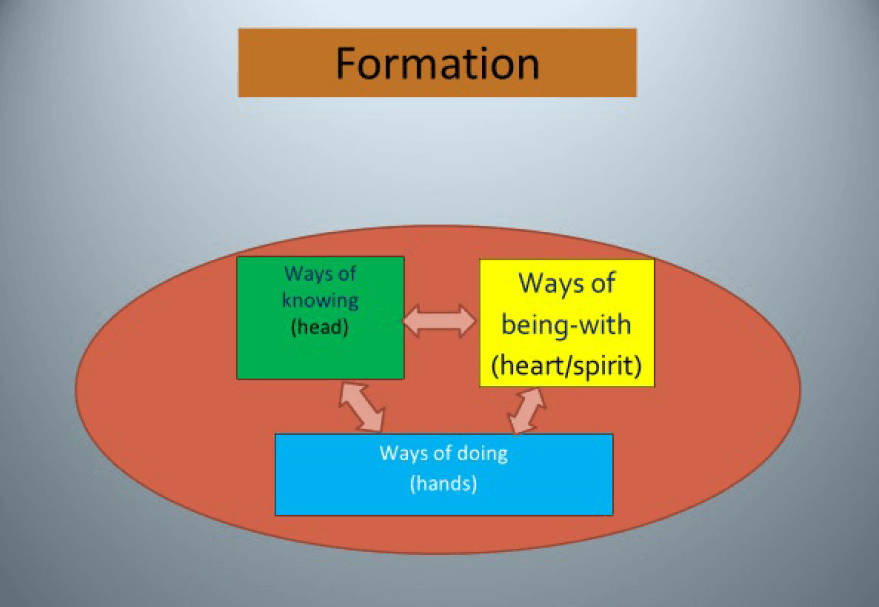Psychologist Gerry Costa is the founding director of the Center for Autism and Early Childhood Mental Health at Montclair State University and a professor in the Department of Teaching and Learning. He is the Board President of and Clinical Consultant to the International Council on Development and Learning (ICDL), and a DIR Expert Training Leader. He is also on the Faculty of the Infant and Early Childhood Development PhD program at Fielding University and Principle Investigator on a project on Inclusion in New Jersey, among many other things. He has written a chapter called, “Reconceptualizing Professional Development as ‘Formation‘” to appear in N. Papaneophytou and U.N. Das (Eds.), Emerging Programs for Autism Spectrum Disorder: Elsevier: Amsterdam. (2021), which we are discussing today.
Dr. Costa was a student, then colleague and friend of Dr. Stanley Greenspan. I have heard about him for years and was told that Dr. Greenspan wanted him to take over ICDL after his passing, so it is a real privilege to interview him here! He presented on his chapter’s topic at the recent ICDL 2020 Conference. Dr. Costa begins the chapter with a quote from philosopher of science, Karl Popper: “What matters is not methods or techniques but a sensitivity to problems, and a consuming passion for them; or as the Greeks said, the gift of wonder.” We heard all last month at ICDL’s conference about ‘wonder‘ in Floortime and this quote is the perfect beginning to understanding what ‘formation‘ is.
How do we best prepare our multidisciplinary professionals in the field of autism?
The Process of Professional Growth
How do we best prepare our multidisciplinary workforce in the field of autism, particularly with all we have learned from so many of the disciplinary sciences? Dr. Costa first likes to talk about philosophy and the underpinnings of the field when wondering about it. In the teaching and helping professions we tend to rely on transmitting knowledge by training so the trainees develop skills, but this ignores the interpersonal processes and affective context of the work. Formation is about the importance of including relationships and ‘being with‘ as essential to the developmental process of multidisciplinary work.
Dr. Costa starts by describing this idea of ‘unfolding’ and tells us that the term ‘formation’ describes the process of professional growth. It was borrowed from different domains including faith or clergy formation (work that is driven by mission and meaning), a series of studies from the Carnegie Foundation that discussed formation in legal, medical, and teaching professions. Dr. Costa describes it as having to involve three interrelated ways of developing: Ways of Knowing, Ways of Doing, and Ways of Being With (heart/spirit). It’s about the substance of who you are and how you are with others.
We need to examine our own subjective responses to the work and relationships we form. We can teach someone skills but the way they use those skills can vary greatly. The science in the current practice, Dr. Costa explains, has been dominated by a paradigm that has focused more on skill acquisition by the provider, and behavioural compliance of the child to ensure that certain behaviours are formed. However, Dr. Costa continues, the behaviours themselves have deeper meaning and come from psychological, neurological, and interpersonal processes.
The Power of Affect
Formation is a real reminder that our idea that being someone who is focused on behavioural change is so limited because the behaviour that we see is the end product of a long chain of internal and external variables. There needs to be a parallel processing for understanding the power of affect. Every behavioural program is delivered by a human being and is not devoid of a human relationship, Dr. Costa continues. Each human being has differences in their warmth, gestures, facial expressions and intonation.
Dr. Costa developed an acronym called A.G.I.L.E., seen here, meant to remind us that whenever we are delivering an intervention, we have to think about our affect: facial expressions, gestures, intonation, and so on. Intonation is a powerful interpersonal regulator of cardiac rhythms and neurological excitation and calming, Dr. Costa says, which we learned through the research on the Polyvagal Theory.
A harsh voice can raise our sympathetic nervous system response, while a soft, gentle voice and smile can really regulate our heart rate. When we, in terms of our evolutionary and biological heritage, Dr. Costa continues, are anxious, frightened or in a fight/flight/freeze response, connectedness is a biological imperative.

This has been missing as a component in the more traditional mechanistic, behaviourally-focused delivery systems, Dr. Costa goes on, and we should probably incorporate it in our teaching of this work, he offers. There is a parallel process between the teacher and the learner among the many disciplines who we are preparing to do this work, he suggests. We want them to experience something about their own affective connection to the teacher and the learner in their own formative process. This becomes part of the lesson they will transmit interpersonally to those families and children with whom they work.
By pulling this all together, ‘formation‘ really integrates the affect-relationship side of this–the ‘R’ of the DIR model. It’s about the idea that it’s not just about knowledge that you gained about science and the field or the skills, or about being the technician. It’s about being in a relationship. That’s the context of what happens interpersonally. It’s not so far in our thinking as DIR/Floortime specialists. Bringing affect back to the teaching sciences and therapeutic intervention practices is what Dr. Costa hopes ‘formation‘ aims to do.
Confirmation Error
A confirmation error is when you have an idea of what is causing or leading to an event and you seek evidence to support your idea, Dr. Costa explains. If the outcome occurs consistent to what you expected, you interpret the outcome as proof of the effectiveness of what you have done, he continues. That’s a fallacy in logic. Confirmation is an error. It’s disconfirmation that we look for, he asserts.
It reminds me of hearing Dr. Gil Tippy say that he believes successful ABA is just due to a positive relationship between the therapist and client.
Dr. Costa was very well trained in behaviour modification. In the field of autism, for example, if it turns out that there is an effective intervention, if you do Applied Behaviour Analysis, you only imagine that the effective agent is the delivery of what you are doing. That’s a fallacy, Dr. Costa argues. If you don’t look at affect, stress systems, or co-regulation, you are circumscribing the world to only include what you want to measure and ignoring what you haven’t measured. It’s like saying that there’s no such thing as low or high frequency sounds because our ears can’t hear them or that ultraviolet light doesn’t exist because we can’t see it.
Ideas and Instrumentation
Saying that all we can focus on is observables is ignoring all we’ve learned in the last three decades or so, Dr. Costa states, around biometrics and imaging systems, for instance. Ideas and instrumentation. There are ideas to help us understand what we see and hear, and there is instrumentation that we now have the benefit of using such as brain scanning techniques. Sometimes interventions work for reasons other than what you think in your theory, Dr. Costa says. Formation mandates that we make our workforce think and wonder about things that might be happening other than what our theory says we should look at.
Ways of ‘being with‘
Dr. Costa also discusses in the paper that an authentic growth of self, personal development and awareness are fundamental to creating an intuitive sense of service to others. Yes, we need to incorporate the knowledge we have in our field, and learn the strategies and techniques but these are insufficient because they have to be delivered by someone who understands the power of their affect. We want to incorporate, in the moment, our experience with who and how we are in that moment. It’s the closest thing to an intuitive sense of helping. We have to cultivate the concept of formation, he asserts.

All of this cannot happen, though, unless we each realize that each of us has layers of who we are. We have a public self–the self that everyone knows, the private self–a self reserved for those who know us more intimately, and the secret self–parts of ourselves that even we don’t know.
Formation must engage all three selves, Dr. Costa says. We have to be aware that when we meet families, things can get stirred up in us. There’s also a fourth self that is the part of you that you might not be aware of yourself, but that others do see.
Reflective practice, reflective supervision, personal development, psychotherapy, mindsight and mindfulness can all help with this awareness, Dr. Costa offers. We are complicated people and our education should reflect how complicated we are. We want to cultivate this culture of wonder. It’s a great opportunity for empathy. You might have to face our own woundedness. You don’t have to disclose but you have to be aware of our personal material. We’ve done a lot with knowing and doing, but ‘formation‘ is dedicated to the ‘being with‘ part.
Context of Justification
Philosopher of science Steven Pepper talked about the ways of thinking of science as the context of discovery where we wonder versus the context of justification where we do the data collection and hard science, Dr. Costa continues. What’s happened in our society is that we’ve diminished the context of discovery and magnified the context of justification where we have to measure and quantify everything–even if the quantifying process is inaccurate, he says. It’s the old saying that we don’t fatten a pig by weighing it. I added that it’s very easy to focus on behaviour and try to stop what we don’t like but it’s much harder to understand why behaviour is happening.
Personal Unfolding
My favourite part of Dr. Costa’s paper was his suggestions for the ‘formation‘ process that calls on practitioners to promote personal ‘unfolding‘. This means that as we developmentally and professionally become who we are while our knowledge, actions and experiences ‘unfold‘ and become integrated by including the following steps:
- Explore your own sensory system,
- Read ‘first person’ literature (accounts from self-advocates–adults with autism), including Donna Williams and John Elder Robison
- Watch Ed Tronick’s ‘still face’ experiment video and have the learner reflect on, “What if the baby is the still face?”, opening the discourse into the interactive and interpersonal processes that occur in all human relationships.
- Reflecting on affect attunement–the reciprocal processes of being attuned with someone else by matching your affect to another’s profile and needs in the moment, and
- Regarding science as a field of inquiry guided by different paradigms.
I hope you enjoyed this discussion today and will consider sharing it on Facebook or Twitter! Thank you to Dr. Gerry Costa for taking the time to share this work with us. If you have any questions, experiences to share, or relevant comments, please put them in the Comments section below. And please consider supporting Affect Autism by becoming a member for only $5/month. Stay tuned for some good ol’ Floortime next week!
Until next week, here’s to affecting autism through playful interactions…



